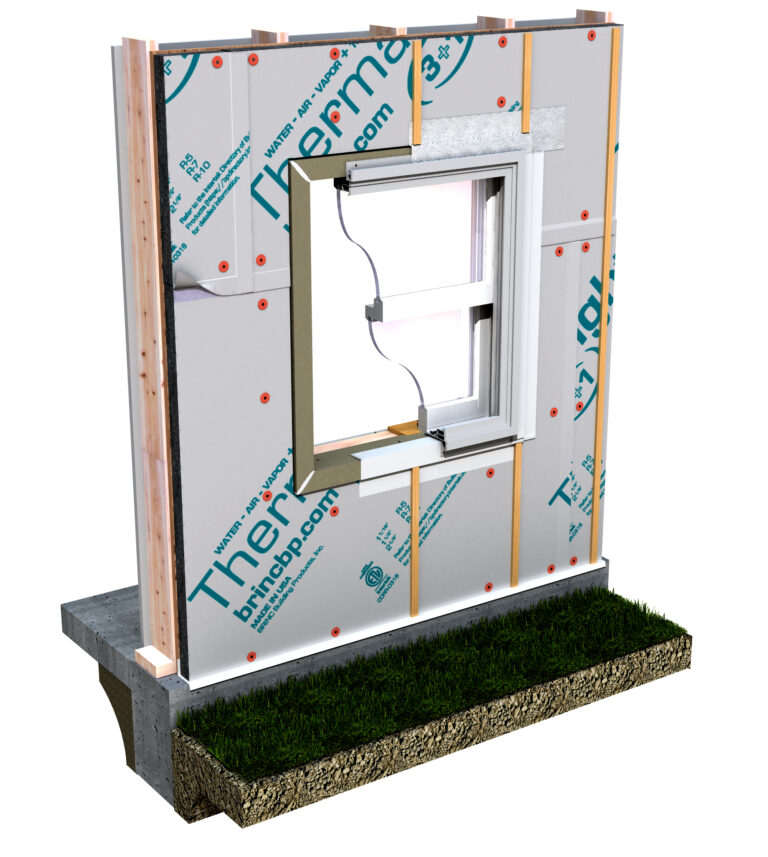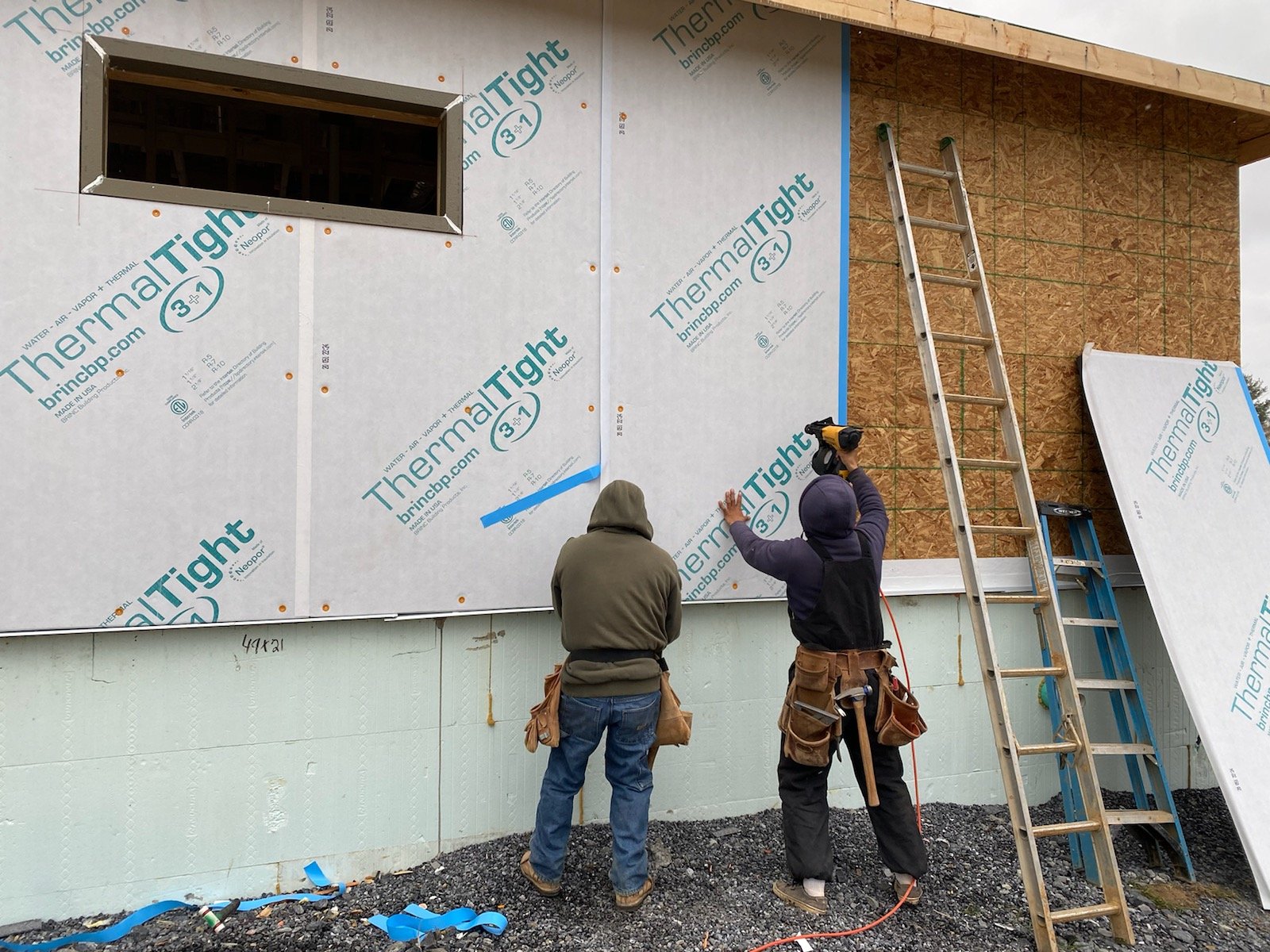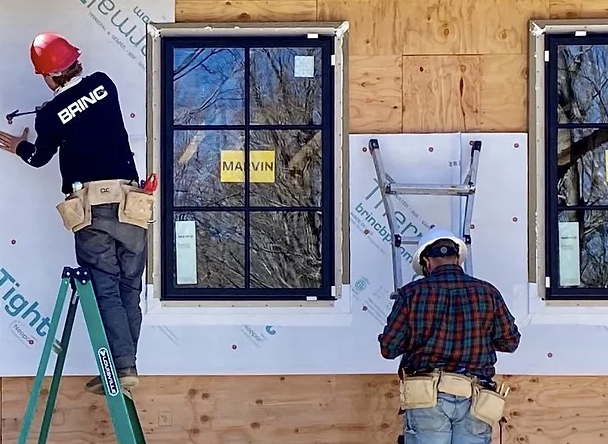Why Exterior Insulation Outperforms Cavity Insulation

The goal of every builder and contractor is to create homes or buildings that are energy-efficient, sustainable, and comfortable. The choice of insulation is a critical decision in achieving this goal. In recent years, exterior insulation has emerged as a superior alternative to traditional cavity insulation. In this blog, we will discuss the advantages of exterior insulation and why it performs better than cavity insulation.
- Energy Efficiency: The primary advantage of exterior insulation is its ability to maximize energy efficiency. By insulating the outside of a building, it creates a “thermal blanket” that reduces heat loss or gain through walls, resulting in reduced energy consumption and lower utility bills. Additionally, exterior insulation eliminates thermal bridging, which is when heat travels through a material faster than it travels through insulation. As a result, exterior insulation ensures consistent temperature control throughout a building.
- Durability: Exterior insulation provides an added layer of protection to a building's structure that cavity insulation cannot match. The insulation protects the building from water, moisture, and other environmental elements that can weaken the structure over time. Consequently, exterior insulation extends the life of the building, reducing maintenance costs and ensuring long-term durability.
- Flexibility: Exterior insulation is highly versatile and can be adapted to various architectural styles. This insulation can be installed on most building materials, including concrete, brick, metal panels, and wood framing. Additionally, exterior insulation offers the flexibility to add an extra layer of insulation on a building without disturbing the interior.
- Environmentally Friendly: Exterior insulation is a sustainable solution for the environment. It reduces carbon footprint, enables energy savings, and enhances building durability. Buildings with exterior insulation will consume fewer fossil fuels and help to reduce greenhouse gas emissions, contributing to a clean, healthier environment.
Exterior insulation has various advantages over traditional cavity insulation. It provides higher energy efficiency, durability, flexibility, aesthetics, and promotes environmental sustainability. These benefits translate to cost savings for building owners, reduced greenhouse gas emissions, and a healthier environment for everyone. Therefore, builders, contractors, and developers should consider exterior insulation as a superior insulation solution for all their building projects.



